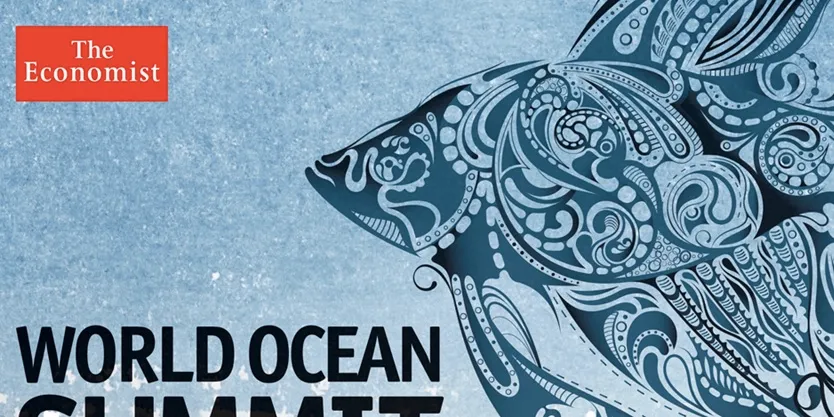Who's attending The Economist's World Oceans Summit?
IntraFish-supported event will engage leaders in fisheries, aquaculture policy debates.

The Economist’s World Oceans Summit is just one month away, and with an A-list of speakers and panelists the conference promises to generate discussion and debate over the challenges facing sustainable use of the world's oceans.
Some 300 attendees are expected at the event. Among the notable speakers and panelists are: Maria Damanaki, European Commissioner for Maritime Affairs and Fisheries; Peter Seligman, chief executive officer, Conservation International; United Nations Environment Program Executive Director Achim Steiner; Jia Guide, deputy director-general of the Department of Treaty and Law in the Ministry of Foreign Affairs of China; Deputy to the Secretary-General and Legal Counsel for the International Seabed Authority Michael Lodge; Julie Packard, founding executive director of the Monterey Bay Aquarium; Masamichi Morooka, chairman of the International Chamber of Shipping; and Sri Mulyani Indrawati, managing director and chief operating officer of the World Bank.
John Micklethwait, editor-in-chief of The Economist, will chair the event.
Fishing and aquaculture will be among the core industries discussed at the event, along with ocean-dependent sectors such as shipping and oil and gas.
Goddard said the group put fishing and aquaculture high on the agenda of topics due to its economic importance globally, but also due to the complexity of the challenges facing the sector – challenges he hopes the event can help address.
The Fisheries Working Group – “Overfishing: Accelerating the solutions” – will be comprised of panelists Miguel Angel Jorge, managing director of 50-in-10; Peter Boyd, chief operating officer of the Carbon War Room; Andrew Sharpless, chief executive officer at NGO Oceana; and Hans Jeurgen Mattern, vice president, head of Corporate Sustainability & Regulatory Affairs at German retailer Metro Group.
Subsidies, quota allocation, market-driven fisheries improvement practices and supply-side economic reforms will be among the issues discussed.
Aquaculture will be discussed in a separate working group, "Aquaculture: Farming the ocean, feeding the world," to highlight its unique set of opportunities and challenges in that sector, Goddard said.
Verlasso Director Scott Nichols will sit on the panel, along with Tony Haymet, distinguished professor of oceanography at the Scripps Institution of Oceanography, University of California; and James Anderson, oceans, fisheries and aquaculture advisor to the World Bank.
“Fifty percent of our fish comes from aquaculture, and we’ll just have to understand that we need to implement it sustainably, and it really will require a partnership of stakeholders,” Goddard said. “I hope we can bring the right people into the room and discuss what this might look like, and recognize that the private sector may have a role to play.”
The working groups will be chaired by an introductory speaker engaging panelists on key issues surrounding the topic, and discussing potential questions that will drive the debate.